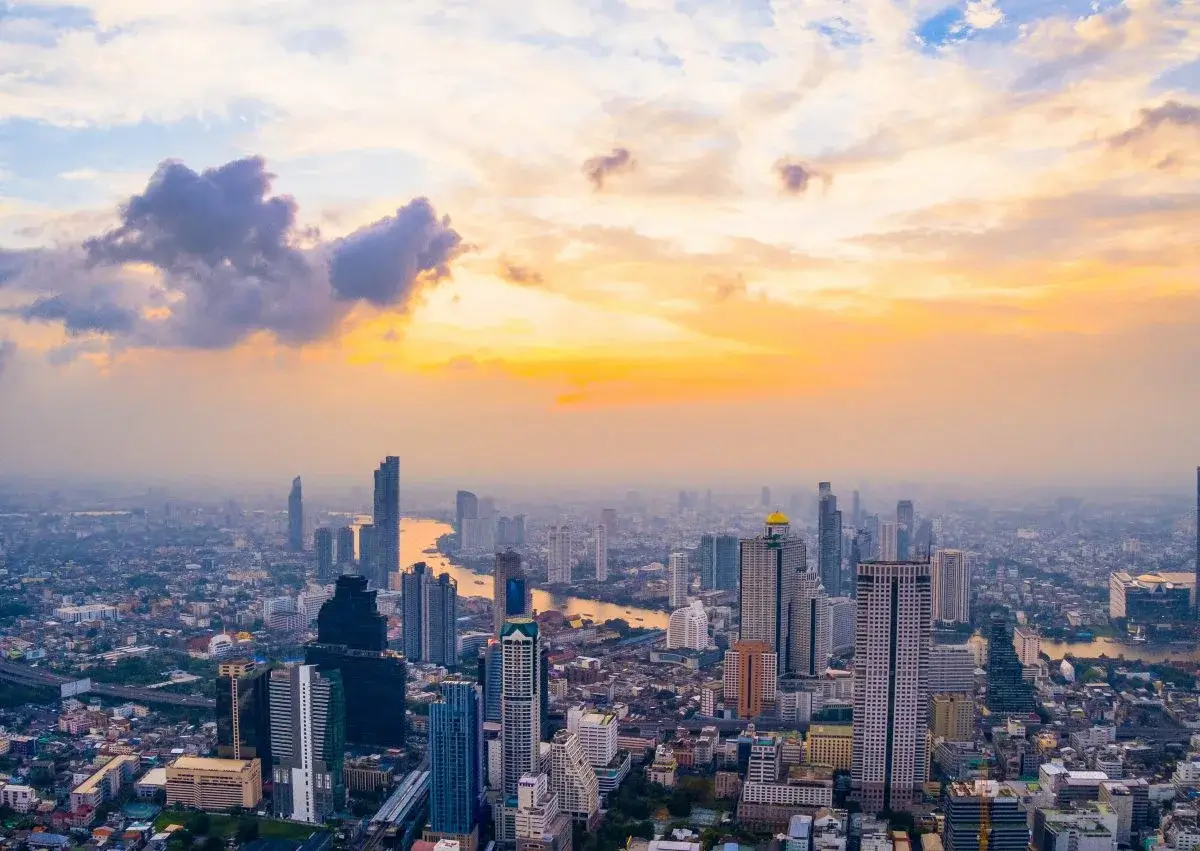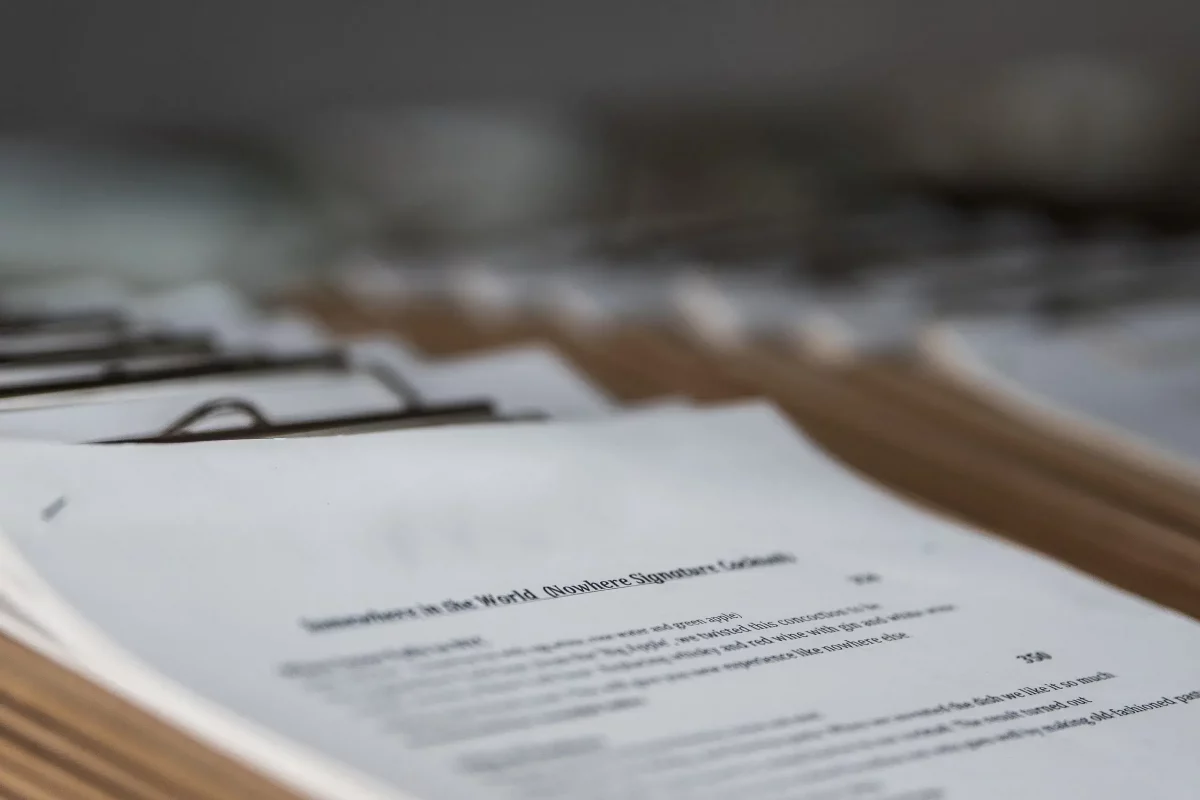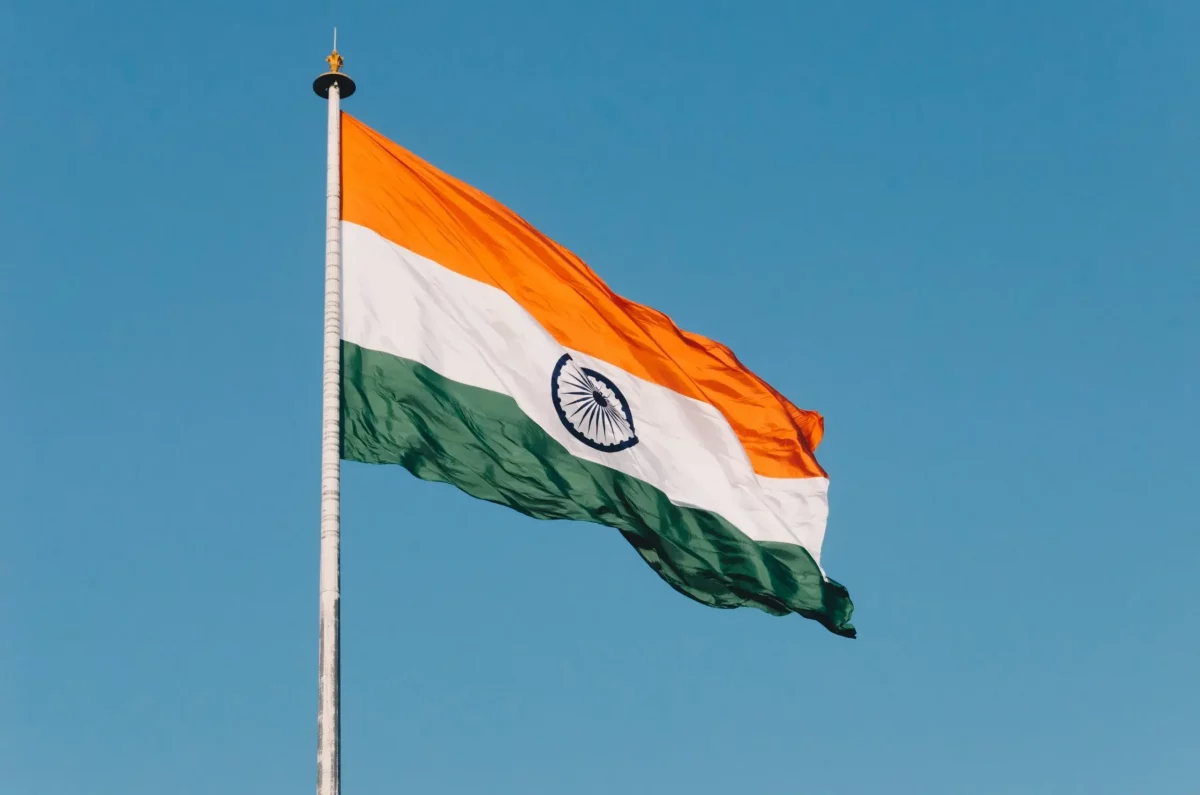Thailand-Singapore DTAA: Double Tax Avoidance Agreement
Singapore-Thailand Relations
As of 2022, Singapore and Thailand mark nearly 55 years of continuous diplomatic relationship. Thailand was one of the first countries to establish diplomatic ties with Singapore, and since then, this friendship has been steadily nurtured and sustained.
The cooperation between Singapore and Thailand occurs on many fronts and through various projects. Some of them are the Leaders' Retreat, the Civil Service Exchange Program, and the Singapore-Thailand Enhanced Economic Relationship Program. Singapore continues to be one of Thailand's largest foreign investors.
Singapore and Thailand governments also reinforced broad institutional linkages by establishing various cooperation programs, such as the Thailand-Singapore Civil Service Exchange Program (CSEP) and the Singapore-Thailand Enhanced Economic Relationship (STEER). Both programs aim to strengthen citizen-level interactions between the two countries. In particular, the Thailand-Singapore Civil Service Exchange Program, established in 1997, promotes educational networking and regular exchanges of personnel and experiences. Under the STEER program, Thailand and Singapore agencies conduct regular meetings to foster closer economic integration.
Thailand and Singapore also have a strong defense relationship that includes traditional bilateral activities such as defence-related exchanges, visits, exercises, and an overseas training area for Singapore in Thailand, as well as multilateral interactions, including those within the ASEAN framework.
Overview of Singapore's Bilateral Agreements With Thailand
Why the Thailand-Singapore Double Tax Treaty?
We Have Helped Thousands Incorporate In Singapore
Scope of the Thailand-Singapore Tax Treaty
What Taxes Will I Owe Under the Thailand-Singapore Double Tax Avoidance Agreement?
Comparison: Changes in Thailand-Singapore DTAA's Provisions
In 2017, the Double Taxation Agreement (DTAA) between Singapore and Thailand came into effect. Prior to the current DTAA, the tax cooperation between Singapore and Thailand was regulated according to the Convention for the Avoidance of Double Taxation. The Convention was concluded in 1975 and served more than 35 years as an effective fiscal mechanism that prevented double-taxation issues.
The current agreement amends regulations regarding cross-border tax rates, several provisions that were outdated, which helps to improve the commercial relationship between the two countries.
The DTAA aligns the provisions with the model tax imposed by the Organisation for Economic Cooperation and Development (OECD).
Among other changes, the DTAA lengthens the threshold period for determining the presence of a permanent establishment and lowers the withholding tax rates for dividends, interest, and royalties. These amendments were necessary to improve the business environment between Thailand and Singapore.
Type of income or payment
Where it is taxed: the New DTAA
Changes in Provisions
Income from immovable property
Business profits
Permanent establishment profits
Taxed in the country where the PE is situated and carries out its business, but only on the amount attributable to that PE.
A branch profits tax may be also imposed on the after-tax profits of the PE, which shall not exceed 15% of the amount of such profits after deducting income tax.
The DTAA specifies that the tax rate on the disposal of branch remittance profits shall not exceed 10% of the gross amount of the profits.
Profits from shipping and air transport
Profits received from the operation of aircraft in international traffic by an enterprise that is resident of a country shall be taxable only in that country.
Income or profits received by an enterprise of Country A from the operation of ships in international traffic may be taxed in Country B, but the tax imposed in Country B shall be reduced by 50%.
Dividends
Interest
Royalties
Capital gains
Independent personal services
Dependent personal services
Directors’ fees
Income of artists and sports persons
Pensions and other similar remuneration (including any annuity)
Government services
Payments to students and trainees
Payments that a student or trainee receives for the purpose of his or her maintenance, education, or training are exempt from tax in the country of education if:
- A student or trainee is a resident of the other country (Country B).
- A student or trainee is present in Country A solely for the purpose of his or her education or training.
- Such payments arise from sources outside of the Country A.
Protect Your Income From Excessive Taxation
FAQs about Thailand-Singapore DTA
Related Articles
Double Taxation Agreements Guide
Singapore-India Double Tax Treaty
Singapore's Tax System and Types of Taxes






















